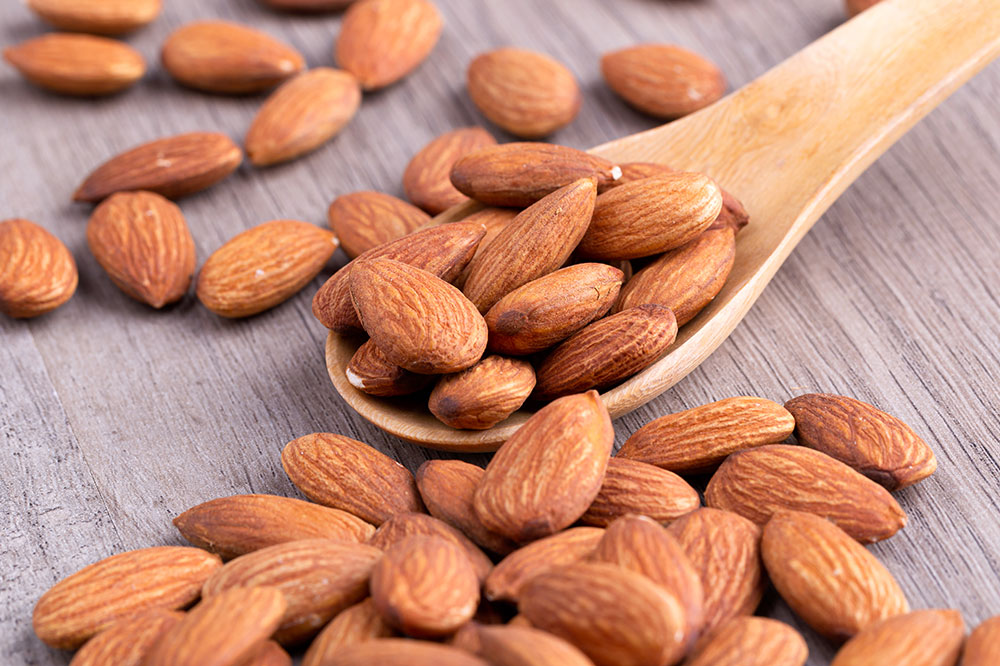Essential Nutrients to Help Prevent Muscle Cramps
Discover key foods that can naturally reduce muscle cramps, from magnesium-rich oats and beans to potassium-filled bananas and calcium sources like dairy. Incorporate these into your diet to promote muscle health and prevent painful spasms over time.

Many people have experienced the discomfort of muscle cramps at some point. This sudden, intense pain can feel like thousands of needles stabbing through your muscles, often causing you to freeze in place for several minutes. Muscle cramps can stem from various causes such as improper exercise, dehydration, or health conditions like diabetes. Incorporating specific foods into your diet can significantly reduce the frequency and severity of muscle cramps over time.
Quinoa: This grain, similar to rice, has recently gained popularity for its health benefits. Rich in magnesium, quinoa supports healthy muscle function when cooked and consumed like rice.
Bananas: Packed with potassium, bananas help maintain optimal muscle performance. Other potassium-rich foods like sweet potatoes and melons also contribute to preventing cramps.
Dairy Products: Milk, yogurt, and cream are excellent sources of calcium, a mineral vital for muscle contraction regulation. Consuming these foods regularly can help prevent muscle spasms. Leafy greens and sardines are additional calcium sources.
Celery: Known for its health benefits, celery naturally provides sodium, helping to maintain the body’s fluid balance, especially after workouts when sodium is lost through sweat.
Oatmeal: A magnesium-rich breakfast option that relaxes muscles while keeping you full. Whole-wheat bread and pasta are also good magnesium sources.
Beans: Including beans in your daily diet increases magnesium intake, reducing muscle twitches and cramps.
Adding these nutritious foods to your diet can effectively help prevent muscle cramps and improve muscle health.
Disclaimer: Our blog offers valuable, research-backed information across various topics. While we strive for accuracy, readers should view articles as informational rather than conclusive. The site isn't responsible for discrepancies or errors in data from other sources and may not include all available schemes or offers that could benefit readers.









